In Vancouver, there are finite ways to determine if a building can be deemed "heritage," and left undisturbed by development. But what happens when what makes a space important has to do with the people who use it, and those social, emotional, and even economic, bonds that place creates?
When the value is intangible, there are no protections in place for businesses, and the structures that house them, in place in Vancouver. And when a business stands to be lost, it is often the community that makes the case for its preservation, even as the wrecking ball is poised to strike.
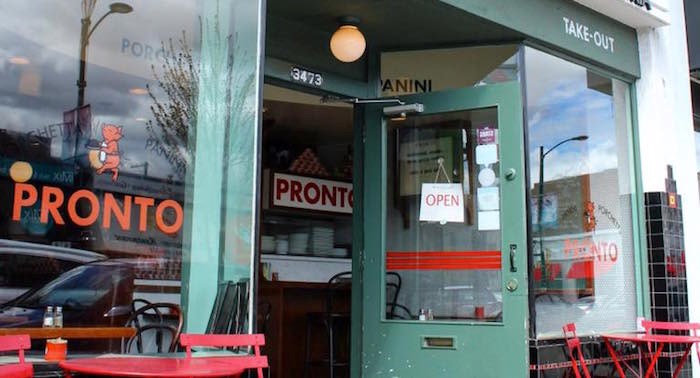 Pronto/Facebook
Pronto/Facebook
Such is the case with Pronto, the Cambie Village restaurant located at 3473 Cambie Street in a 1938 "art moderne" style building that is set to be demolished. The building's new owner plans to knock it down and build a modern four-storey mixed-use structure, from which he will operate his dental practice on the ground floor, and have rental housing on the upper floors.
The development is in the application process and is set for review by the City of Vancouver's Project Manager, and as the process calls for an open submission period for commentary for review by staff, the non-profit Heritage Vancouver has submitted a letter making the case for Pronto based on its role as a "fundamental piece vital to the human network in Cambie Village and the neighbourhood."
Heritage Vancouver is known for such letters--their 25-year online archive makes over 100 of them available for viewing--though they acknowledge that one letter alone isn't going to change the course for any given business' fate. However, as a contributor to an overall effort to put the spotlight on what we've come to know as "legacy businesses" in Vancouver, preservationists hope to spark a conversation--and a new way of doing things--in the city.
"There has been a lot of discussion recently on businesses and places that are important to people," says Heritage Vancouver Executive Director Bill Yuen via telephone. Yuen cites the recent, and ongoing, rally cry to "save" the Rio Theatre from an uncertain fate under new ownership as a similar situation in which a sense of place is part of the community fabric, and propels an alternative kind of heritage narrative in the Vancouver zeitgeist.
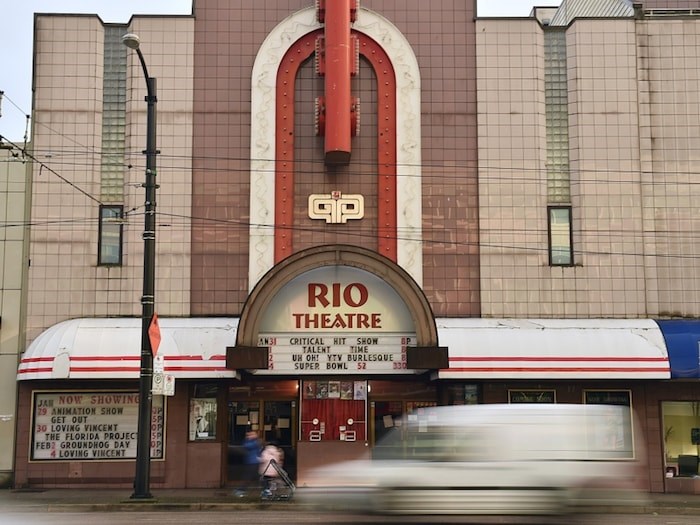 Photo Dan Toulgoet
Photo Dan Toulgoet
For Yuen and Heritage Vancouver, a building's significance extends beyond its historical merit in terms of architecture or address. Rather, there's value in a business for how it brings people together, how it functions in support of other businesses in the neighbourhood or even on the block, and even the ways in which an owner has cared for a space.
When one business closes, including when that means the wrecking ball strikes, it's important to factor in what will go in its place.
"If you have something new, it's important to keep that network sustained even if you can't keep the building," says Yuen. "These relationships need to be recognized."
In the case of Pronto, restaurant owner Angela Maida took great care to create a welcoming space that shows respect for its original architecture. While there isn't anything particularly noteworthy about the building, which opened in 1938 as the Lovely Lady Beauty Salon, Yuen points out that in its current incarnation as Pronto, the community has grown attached in its 7-year tenure to the restaurant, and considers it a fixture in Cambie Village.
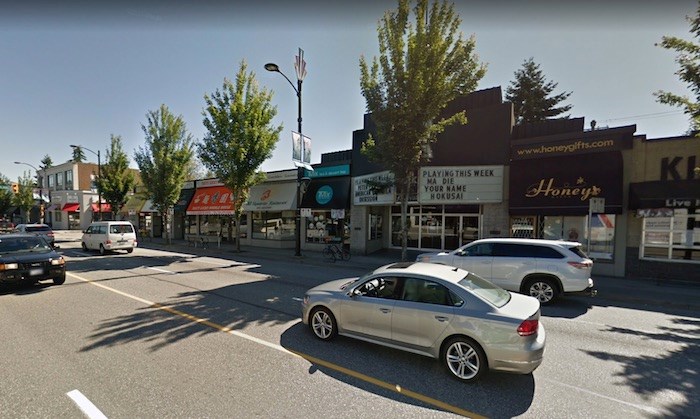 Google Street View
Google Street View
Maida, in a previous interview with Vancouver Is Awesome, noted that thousands of customers come to her restaurant each year. She, as well as other community leaders, like Rania Hatz, Executive Director of the Cambie Village, know that a business like a private dental practice will not offer the same kind of gathering paces and foot traffic as the restaurant.
Pronto not only has a relationship to its customers, but also to places like the Park Theatre, which is located right across the street; these are both places that bring people together, and bring people to the neighbourhood.
"Development ought to make a site better off than it already is," points out Heritage Vancouver in their letter to the city's development project coordinator.
Heritage Vancouver's letter deliberately hits the emotional chords of the story. Yuen anticipates letters from other locals will do the same.
But will letters like this put a stop to the development plans? Yuen says Heritage Vancouver knows that's not a likely outcome, but rather that it affects future policy and an overall approach to "heritage" that Vancouver doesn't currently practice.
"With this letter, it's the hope that people realize that we are talking about these connections with people--human beings--and think that it's important," adds Yuen.
Not that Heritage Vancouver's efforts are in vain; Yuen says the Burrard Bridge was an example of when their work was part of the overall movement to curb some of the improvements that would "seriously compromise the bridge."
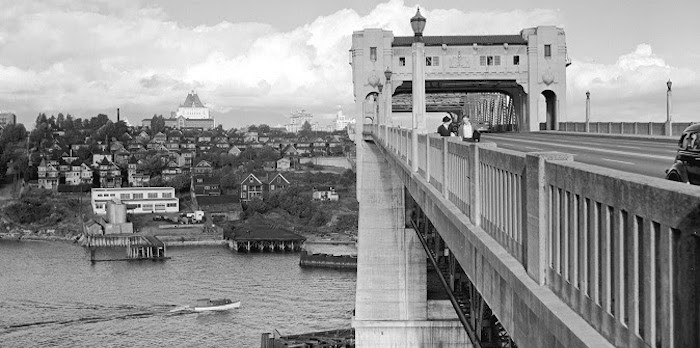 Photo: City of Vancouver/Heritage Society Vancouver
Photo: City of Vancouver/Heritage Society Vancouver
It's really the concept of legacy businesses, however, that Heritage Vancouver is urging the City of Vancouver to consider. Yuen says their group has done research based on a legacy business program in operation in San Francisco, where buildings are flagged significant for a number of reasons outside the usual scope of by-the-book "heritage." The city then has an "inventory" of places valued by the community logged on a register.
"Pronto is a textbook case of why a city starts that program," explains Yuen.
Just last month, we asked our readers to think about what legacy businesses belong on such an inventory.
So far, the City of Vancouver isn't quite there yet, though they are thinking about it in some capacity. In response to an inquiry to the city's planning department about 3473 Cambie, the City of Vancouver says they have "begun work on a phased retail/commercial viability study in consultation with BIAs and small business groups, which is designed to determine the nature and degree of change in the neighbourhood small business landscape and understand the implications."
However, in this case, the City of Vancouver isn't talking about legacy businesses--they're talking about property taxes. Their efforts to work with these groups is to find a way to "alleviate the financial burden on small business tenants."
The City also adds that they are working along the guidelines of the Cambie Corridor Plan, established in 2011. That plan "recognizes the importance of healthy retail streets, including the value of existing affordable commercial spaces."
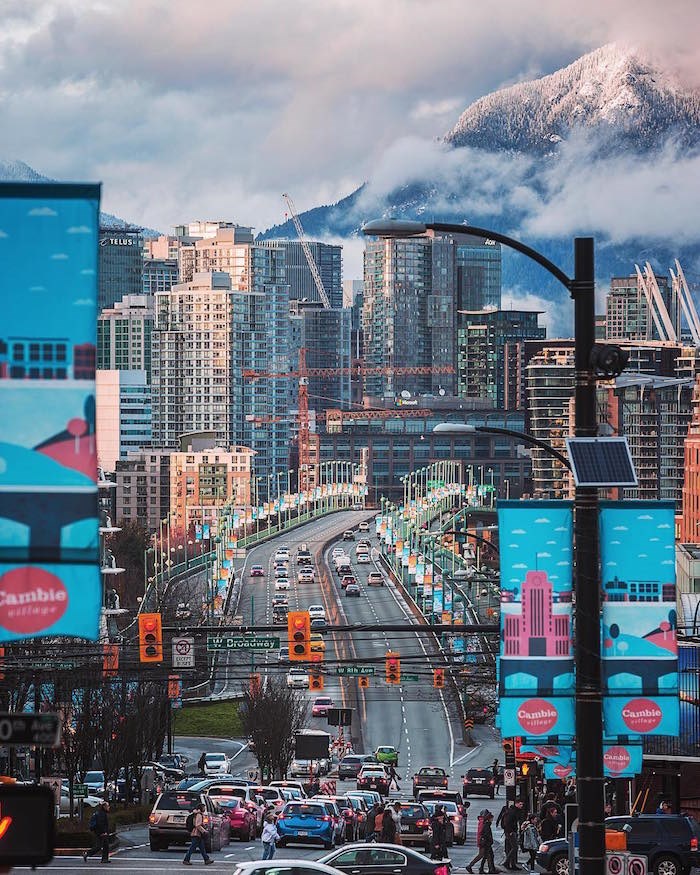 @erikandersen/Instagram
@erikandersen/Instagram
To many who are dismayed that 3473 Cambie Street will end its life as-is after 80 years and be reborn as a dental practice and some rental units may argue that doing so is not good for the health of the street.
Those people, like Yuen and Heritage Vancouver, are being urged to voice their concerns to the City of Vancouver.
"As part of any development permit application review, the City takes into consideration all correspondence it receives from neighbours and stakeholders," notes a representative for the City in their e-mail to Vancouver Is Awesome.
And just possibly, if there are enough voices urging Vancouver to broaden their definition of "heritage," even if 3473 Cambie isn't saved, the loss of this one restaurant could be the harbinger of change.


